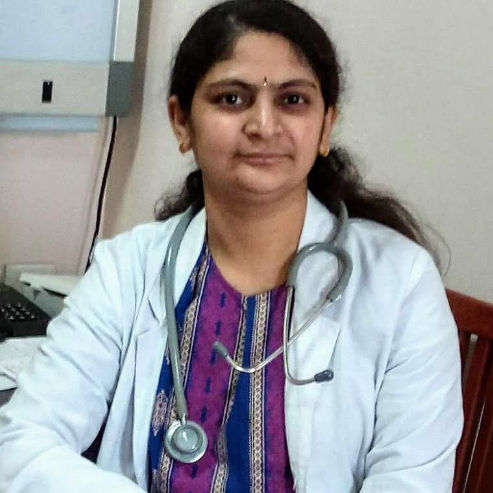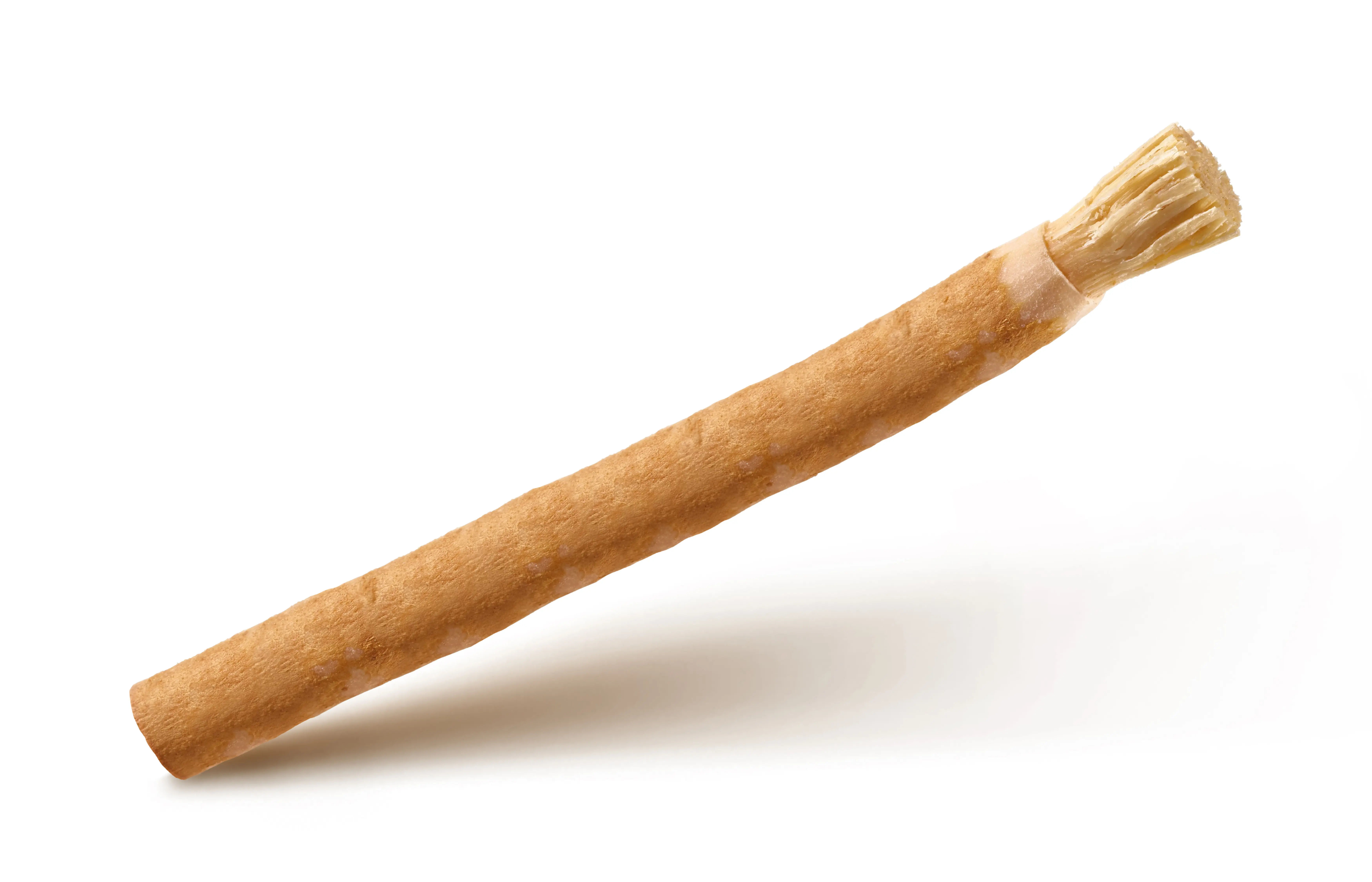Pumpkin Seeds and Their Nutritional Benefits
Explore the nutritional benefits of pumpkin seeds, rich in protein, healthy fats, vitamins, and minerals that support heart health, immunity, and overall wellness.


Pumpkin seeds, often overlooked, are tiny powerhouses packed with essential nutrients that can significantly boost your health. Whether you enjoy them roasted, raw, or as an ingredient in various dishes, these seeds offer numerous benefits for your body. In this article, we’ll explore their nutritional value, health advantages, and simple ways to include them in your diet.
Why Are Pumpkin Seeds Good for You?
Pumpkin seeds, also known as pepitas, are rich in vitamins, minerals, antioxidants, and healthy fats. Here’s a breakdown of their key nutrients:
1. High in Essential Nutrients
Magnesium – Supports muscle and nerve function, regulates blood pressure, and improves bone health.
- Zinc – Boosts immunity, promotes wound healing, and supports skin health.
- Iron – Helps prevent anemia by improving red blood cell production.
- Protein – A great plant-based protein source for vegetarians and vegans.
- Fiber – Aids digestion and keeps you full for longer.
- Healthy Fats – Contains omega-3 and omega-6 fatty acids, which are good for heart health.
2. Rich in Antioxidants
Pumpkin seeds contain antioxidants like vitamin E and carotenoids, which help fight inflammation and protect your cells from damage caused by free radicals.
3. Supports Heart Health
The magnesium, potassium, and healthy fats in pumpkin seeds help regulate blood pressure and reduce bad cholesterol (LDL), lowering the risk of heart disease.
4. Boosts Immunity
Zinc plays a crucial role in strengthening the immune system, helping your body fight infections effectively.
5. Improves Sleep Quality
Pumpkin seeds contain tryptophan, an amino acid that helps produce serotonin, which is converted into melatonin, the sleep hormone. Eating a small handful before bed may promote better sleep.
6. Supports Prostate and Bladder Health
Studies suggest that pumpkin seeds may help reduce symptoms of an enlarged prostate (BPH) and improve bladder function in men.
7. Helps Manage Blood Sugar Levels
The fiber and healthy fats in pumpkin seeds help stabilize blood sugar levels, making them a good snack option for people with diabetes.
Consult a Top Gynecologist
How to Include Pumpkin Seeds in Your Diet?
Pumpkin seeds are versatile and can be easily added to your meals. Here are some simple ways to enjoy them:
- As a Snack – Roast them with a pinch of salt or spices for a crunchy treat.
- In Salads – Sprinkle them over salads for extra crunch and nutrition.
- In Smoothies – Blend them into your morning smoothie for added protein.
- In Baking – Add them to bread, muffins, or granola bars.
- As a Topping – Use them on yogurt, oatmeal, or soups for a nutrient boost.
Who Should Be Cautious with Pumpkin Seeds?
While pumpkin seeds are generally safe, some people should consume them in moderation:
- Those with nut allergies (though rare, some may react to seeds).
- People on blood-thinning medications (due to vitamin K content).
- Those with digestive issues (eating too many may cause bloating).
Want personalized dietary advice?
Book a consultation with a nutritionist on Apollo 24|7 today and take the first step toward a healthier lifestyle!
Final Thoughts
Pumpkin seeds are a simple yet powerful addition to your diet, offering a range of health benefits from better heart health to improved sleep. Whether you eat them as a snack or mix them into meals, they’re an easy way to boost your nutrient intake. If you have specific health concerns or dietary restrictions, consult a doctor or nutritionist to ensure pumpkin seeds are right for you.
Consult a Top Gynecologist
Consult a Top Gynecologist

Dr. Sreeparna Roy
Obstetrician and Gynaecologist
8 Years • MBBS , MS (OBSTETRICS & GYNAECOLOGY), Fellowship in Infertility, Endoscopy & Ultrasonography), Fellowship in Laparoscopy & Hysteroscopy,DRM
Kolkata
Dr Utsa Basu Clinic, Kolkata

Dr. Dershana P Rajaram
Obstetrician and Gynaecologist
35 Years • MBBS, DGO
Bangalore
Apollo Clinic Bellandur, Bangalore

Dr Bhawna Garg
Gynaecological Oncologist
26 Years • MBBS, MS, (PGI MS ROHTAK) FELLOWSHIP GYNECOLOGY ONCOLOGY, (CANCER INSTITUTE CHENNAI)
Delhi
Apollo Hospitals Indraprastha, Delhi

Dr. Vineet Mishra
Infertility Specialist
36 Years • MD, Phd, DSc
Ahmedabad
Apollo Hospitals - Gandhinagar, Ahmedabad, Ahmedabad

Dr. Saraswathi Girish
Obstetrician and Gynaecologist
21 Years • MBBS , DNB,FRM(Fellowship in Reproductive Medicine)
Bengaluru
Apollo Clinic, Sarjapur Road, Bengaluru
Consult a Top Gynecologist

Dr. Sreeparna Roy
Obstetrician and Gynaecologist
8 Years • MBBS , MS (OBSTETRICS & GYNAECOLOGY), Fellowship in Infertility, Endoscopy & Ultrasonography), Fellowship in Laparoscopy & Hysteroscopy,DRM
Kolkata
Dr Utsa Basu Clinic, Kolkata

Dr. Dershana P Rajaram
Obstetrician and Gynaecologist
35 Years • MBBS, DGO
Bangalore
Apollo Clinic Bellandur, Bangalore

Dr Bhawna Garg
Gynaecological Oncologist
26 Years • MBBS, MS, (PGI MS ROHTAK) FELLOWSHIP GYNECOLOGY ONCOLOGY, (CANCER INSTITUTE CHENNAI)
Delhi
Apollo Hospitals Indraprastha, Delhi

Dr. Vineet Mishra
Infertility Specialist
36 Years • MD, Phd, DSc
Ahmedabad
Apollo Hospitals - Gandhinagar, Ahmedabad, Ahmedabad

Dr. Saraswathi Girish
Obstetrician and Gynaecologist
21 Years • MBBS , DNB,FRM(Fellowship in Reproductive Medicine)
Bengaluru
Apollo Clinic, Sarjapur Road, Bengaluru




